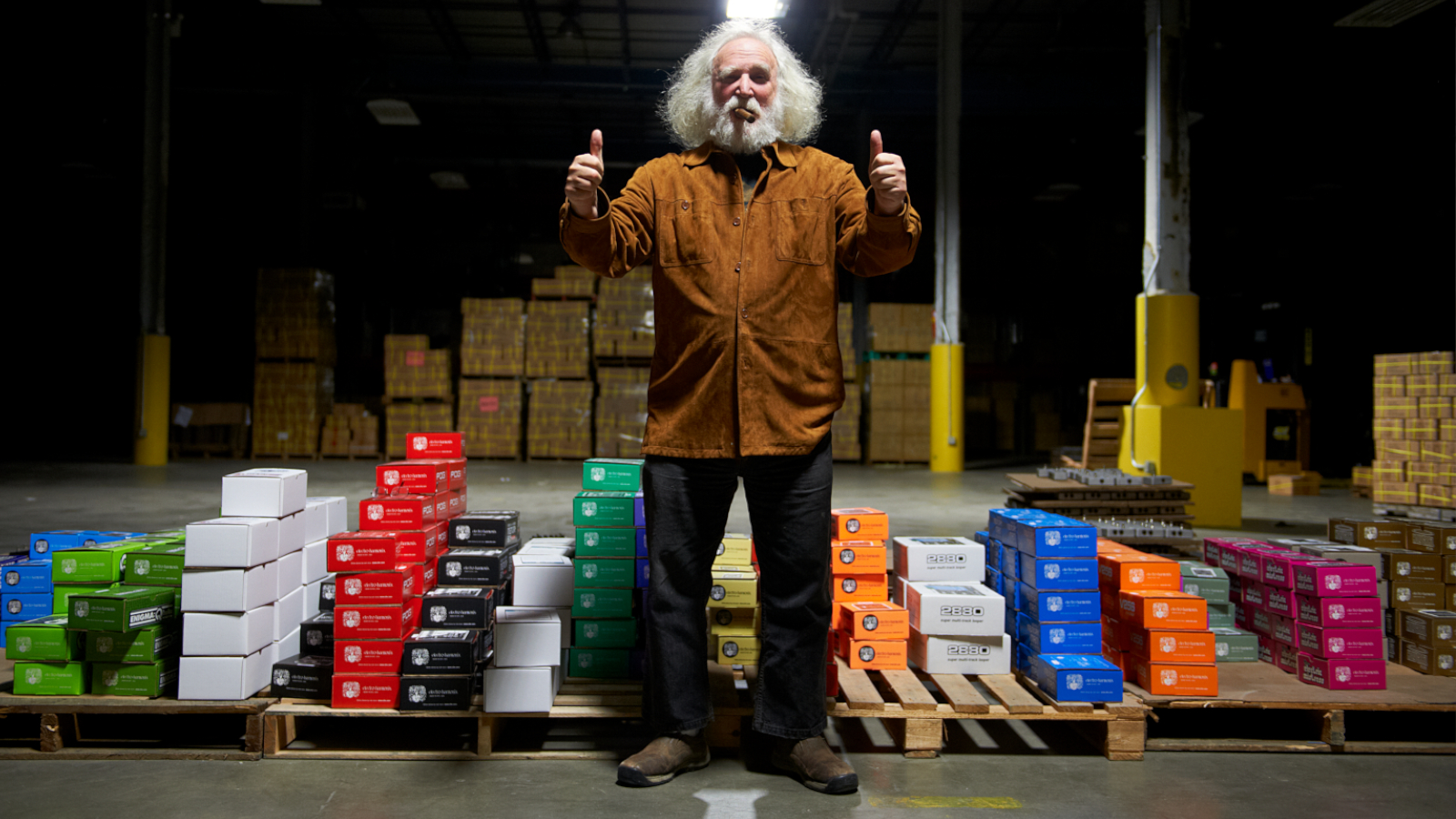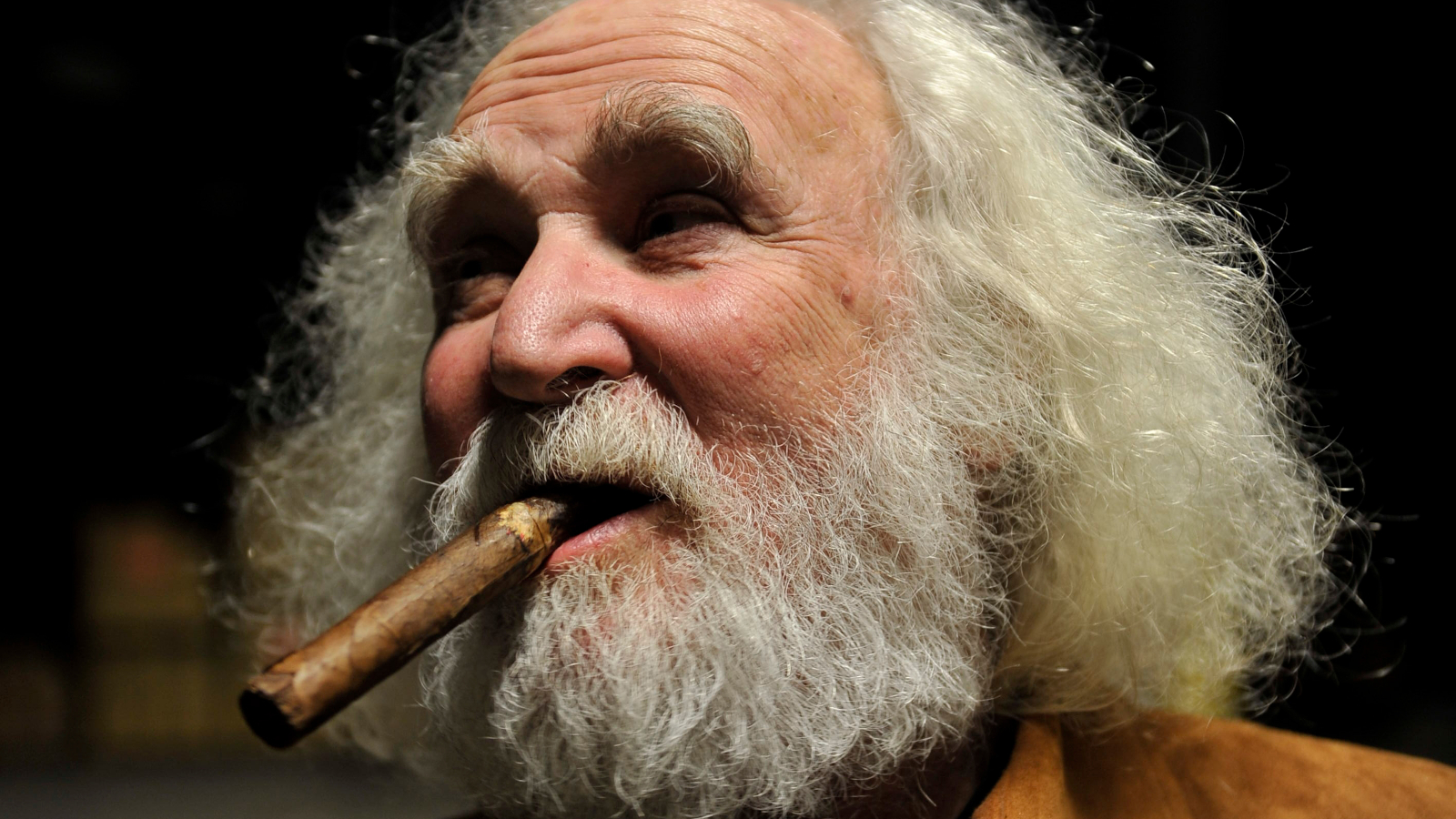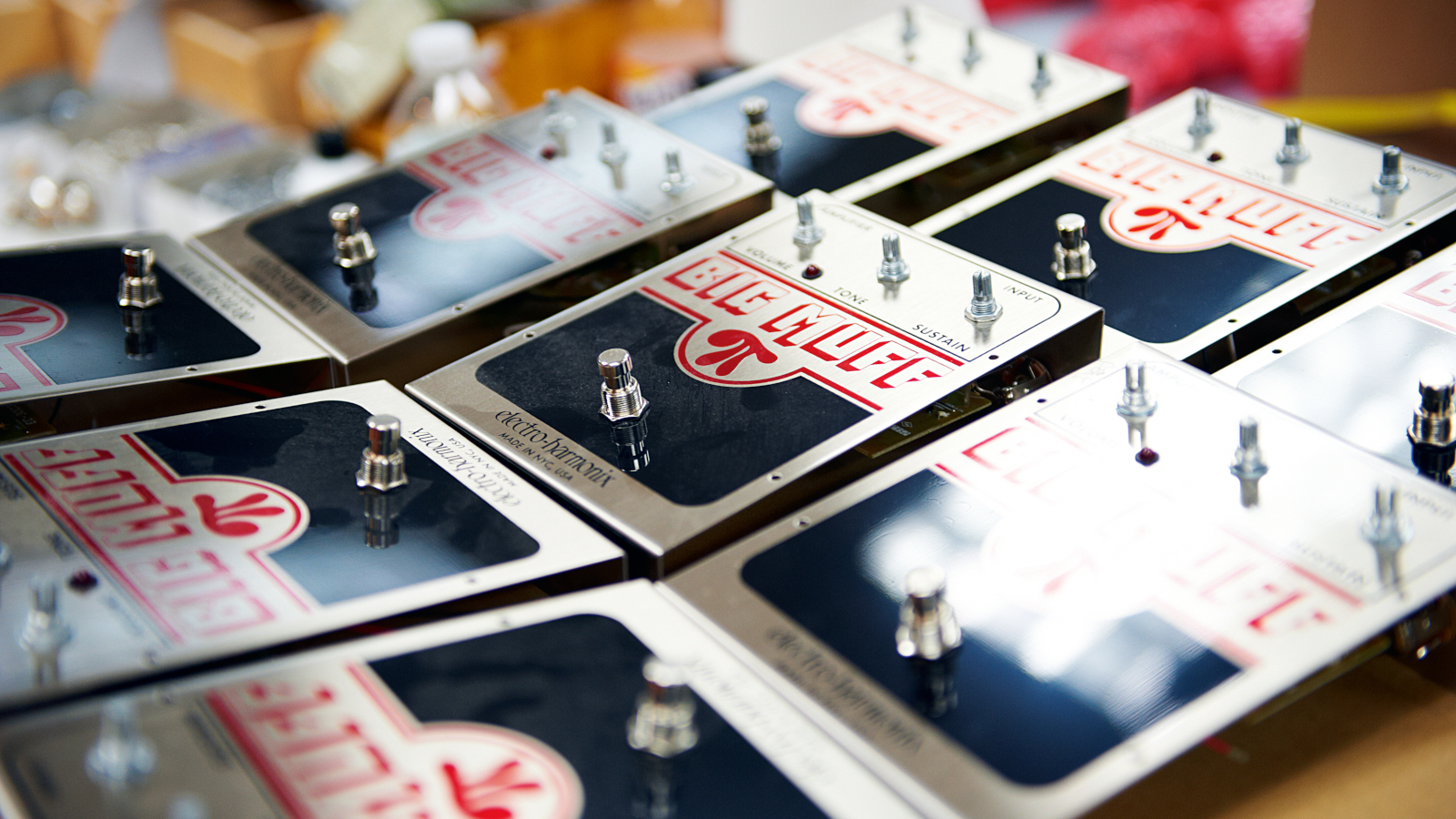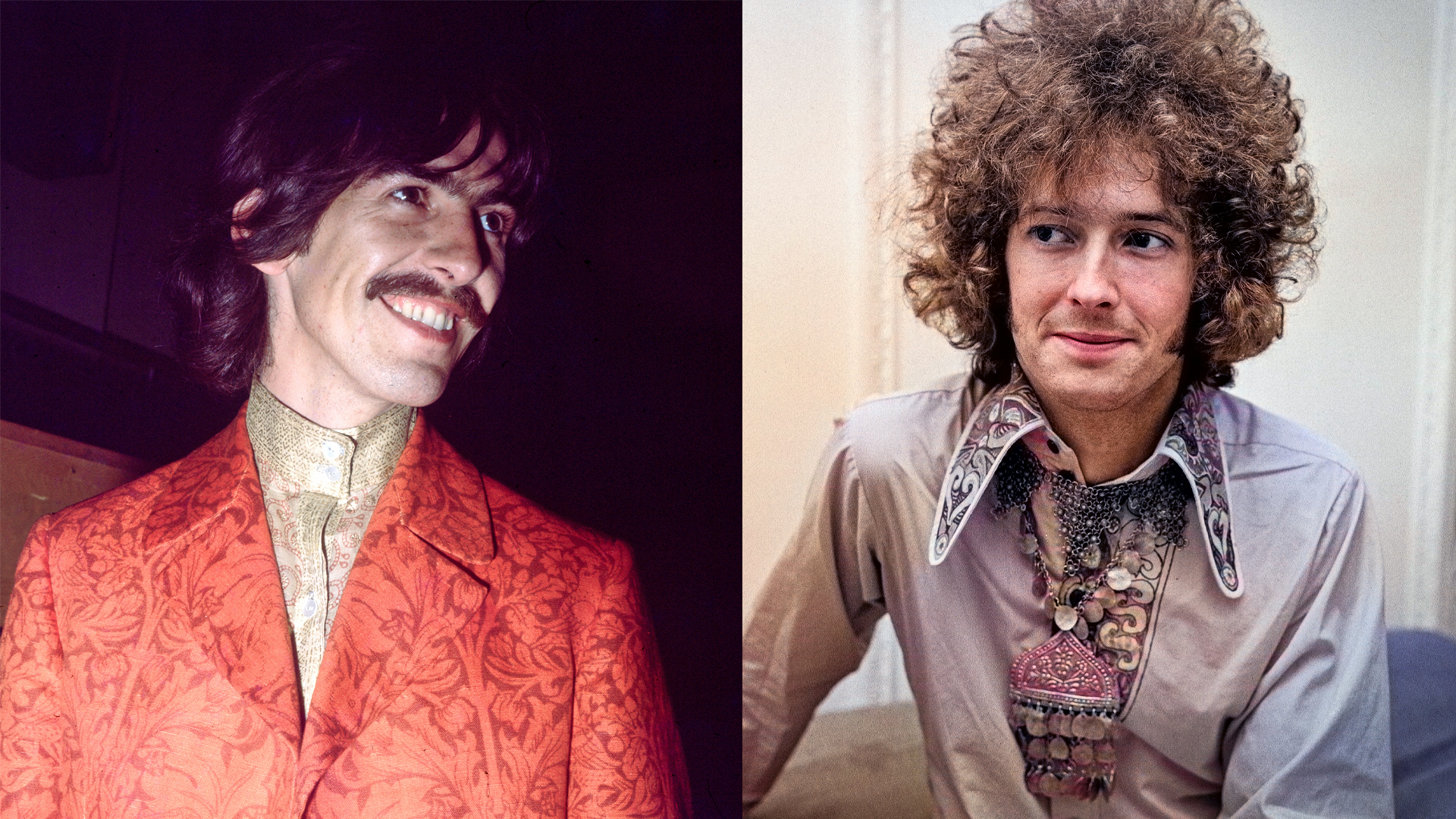“If You Want to Be Successful, You Have to Love What You Do:” EHX Founder Mike Matthews Reveals the Secrets of His Success
“The first thing with me is Electro-Harmonix, the second thing is fishing, and the third thing is the ladies,” says the pioneering effects builder

As founder of Electro-Harmonix, Mike Matthews certainly deserves his 2012 Guitar Player Hall of Fame Award for Manufacturing Legend. But the man is also a force of nature.
He’s someone I’d bet would laugh during a zombie apocalypse with unlit cigar in hand and a master plan for continued existence in tow – well, as long as the fish were still biting.
His company has survived union thugs, bankruptcy, strong-arm tactics in its Russian tube factory, and well over five decades of competing in the roller-coaster-in-flames wild ride of the electric guitar industry.
Back in the ’70s, I stupidly smoked too much pot, drank too much liquor, and I jumped on every good idea I had
Mike Matthews
“Effecting music since 1968,” EHX continues to develop a balanced mix of inventive and traditional products
Matthews is also one of the last icons of the spontaneous, innovative, and well-educated hippie entrepreneurial clan that challenged and changed the music industry – even if that spirit caused a few problems here and there.
“Back in the ’70s, I stupidly smoked too much pot, drank too much liquor, and I jumped on every good idea I had,” explains Matthews. “Eventually, I had too many problems at once, so Electro-Harmonix collapsed in the early ’80s.
“That was painful. But I got the business back, and when I did, I was more conservative. I waited patiently until it was really the best time to produce a product. Because of that, we’re now financially strong, and we can move on anything that’s hot. Patience is important.”
All the latest guitar news, interviews, lessons, reviews, deals and more, direct to your inbox!

My very first guitar effect was an LPB-1.
I jumped on that in 1968 – and we still sell tons of them. I wanted to develop a guitar sustainer so people could sound like Hendrix, and the LPB-1 was a small box that was plugged into the sustainer prototype.
I recognized that box was a great and simple product that was needed, and it ushered in the age of overdrive.
In those days, you could turn up an amp to 10, and it still had enough headroom where it wouldn’t distort. But with an LPB-1 hitting the amp, you got much added power, and then the overdrive.
Not everything is a winner, but we have a real high percentage of them
Mike Matthews
You guys have been around since 1968, yet you still put out cool pedals as if you’re some weird boutique company working in a garage. How do you make that happen?
We listen to people, we have a bunch of guitarists in the company, we have great designers, and we’re quick. We’ll only get involved with a design project we can bring to the market in less than one year.
Also, we always have a mix of products under development – complex digital products, simple digital products, and a variety of analog products.
Thanks for the compliment about being like a boutique company, but our pricing is mass market – as if we were a company manufacturing in Vietnam.
There’s a tsunami of pedals in the market these days. How do you strategize if a planned product is relevant, new and exciting, and/or competitive?
I’ve been doing this for a while. The more you do it, the more you learn, and I’ve been fortunate at being good at picking winners. Not everything is a winner, but we have a real high percentage of them.

It’s business. You’ve got to compete, and we like to win. But you can’t win without really good products. In the old days, I would decide on every single feature of every product. Today, we have some great designers, so all I do is pick the products we’re going to spend the R&D investment on.
But I still come down hard on sticking to the features we initially identify. I don’t like it when engineers change their minds and add additional features during the development process. That can screw things up – especially with digital, where you could wreck the whole software structure.
We have about 10 percent of the world market, so there’s room for us to grow
Mike Matthews
Once we decide, we stick with it. If there are some great new ideas along the way, I leave those for a future design. You’ve got to shit and get off the pot, and bring out the product. To survive, you have to ship more products. We have about 10 percent of the world market, so there’s room for us to grow.
So what’s life like now, after so many years of running your company?
The first thing with me is Electro-Harmonix, the second thing is fishing, and the third thing is the ladies. During the week, I’m at the factory 24 hours a day, and I dig it. I have my Jacuzzi and my Direct TV, and, on weekends, I head out to Montauk and go fishing if the weather is decent.
If you want to be successful, you have to love what you do, because you’re going to be competing with other people who love what they do, as well.
Visit Electro-Harmonix here.
